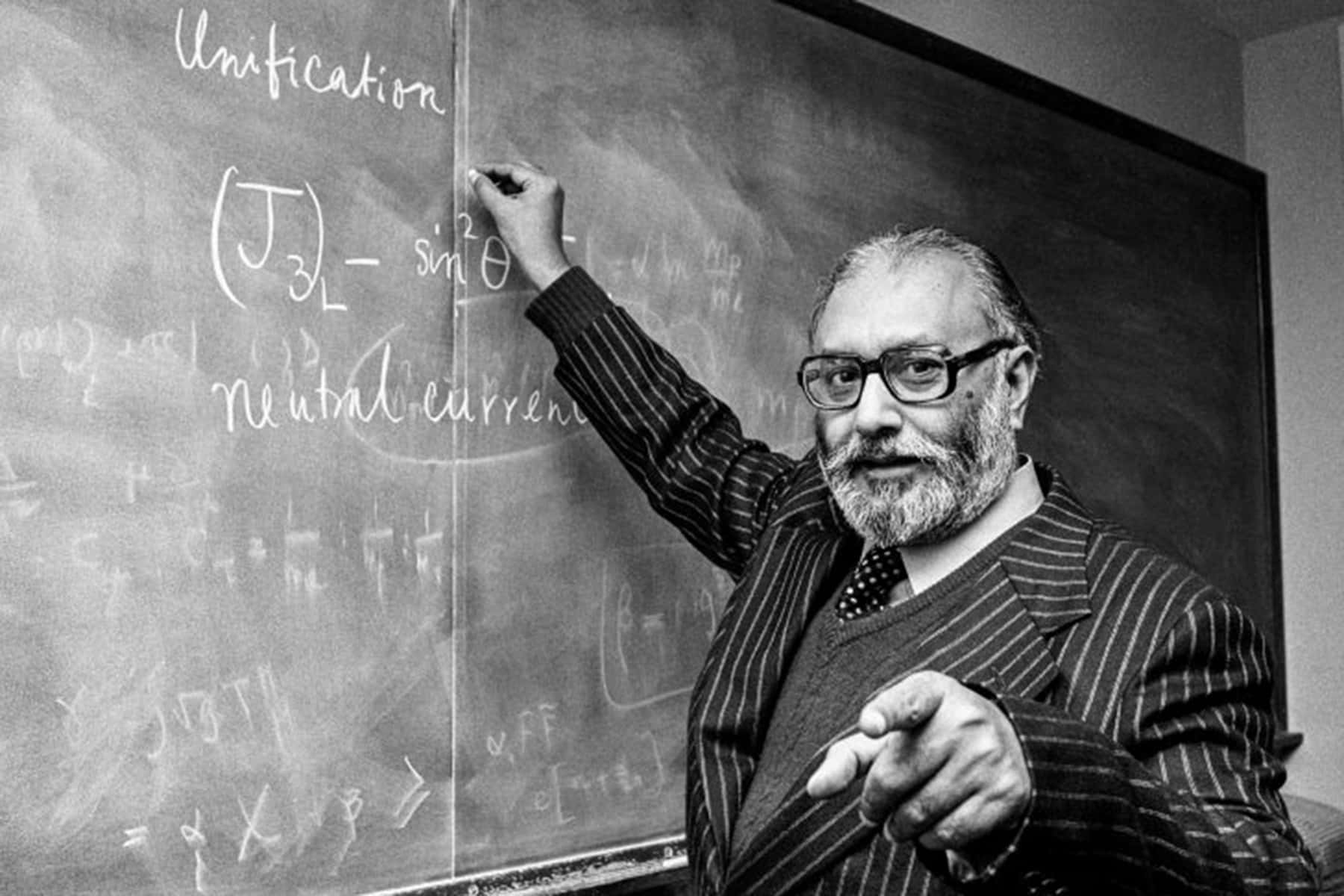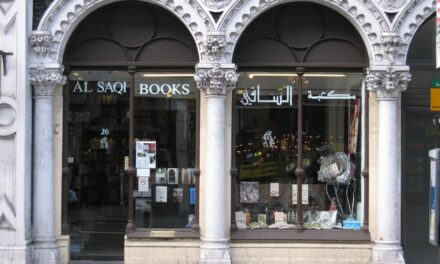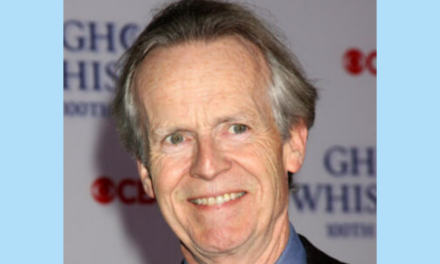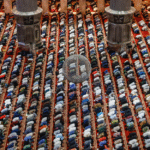
The film “Salam: The First ****** Nobel Laureate” begins and ends with a gravestone in a quiet mass cemetery in Pakistan. We see the deceased’s name: “Professor Muhammad Abdus Salam,” followed by his birth and death dates, 1926 and 1996, and a puzzling inscription that declares that Salam “in 1979 became the first Nobel laureate for his work in physics.” As the camera lingers, it becomes clear that a word has been painted out between “first” and “Nobel.” But only after watching the film do we comprehend it: “Muslim.”
Salam shared the 1979 Nobel Prize in Physics with U.S. physicists Steven Weinberg and Sheldon Glashow, who appear in the documentary along with other collaborators. The 1979 prize was awarded for work on the interaction of subatomic particles, out of which arose the “standard model” of particle physics. Salam independently developed a unified theory to explain electromagnetic interactions and the weak nuclear force.
Yet Salam was never widely accepted in his home country. He was a member of the minority Ahmadiyya Islamic community, which regards a 19th-century leader, Mirza Ghulam Ahmad, as a prophetic figure. This assertion clashes with the orthodox view that the Prophet Muhammad was Islam’s final prophet. In 1953, anti-Ahmadi feeling led to riots in Pakistan. “It became quite clear to me that either I must leave my country or leave physics,” Salam declares in an archival recording that appears in the film. “And with great anguish I chose to leave my country.”
He returned to Britain, where in the 1940s he had been educated at the same Cambridge college as Paul Dirac, funded by a Small Peasants’ welfare fund set up by the prime minister of the state of Punjab. But despite strained relations, he continued to be a key adviser to the Pakistani government on science, including its nuclear program.
In 1974—the year of India’s first successful nuclear bomb test—the government constitutionally declared Ahmadis to be non-Muslims, provoking a shocked Salam to resign his advisory position. In 1984, under the military dictatorship of Zia-ul-Haq, Ahmadis were officially forbidden from practicing as Muslims: an ordinance enforced by a prison sentence. Since then, their violent persecution has continued to increase.
“We, the present generation, seem to have inherited a house which has no windows, and its walls are very high,” Salam grimly observed. “It’s very difficult to know whether we have inherited a house or a prison.” At this point, we begin to understand the desecration of Salam’s gravestone and the fact that not a single monument or university in Pakistan carries his name.
The film is frank about Salam’s human failings. Science, and latterly Islam, dominated his being. The imam of his London mosque reveals how Salam would scribble fresh ideas in his scientific notebook during sermons. Both of his devoted wives—Amtul Hafeez Begum, a Pakistani, and Louise Johnson, a noted English biochemist—state that he had little time for ordinary family life. His long-time personal secretary at the International Centre for Theoretical Physics in Trieste, Italy, which Salam founded in 1964 to encourage young physicists from developing countries, says, “He was very charismatic, he was very humane, he was also very difficult.”
Salam was also ambivalent about Pakistan’s desire for nuclear weapons, lending his support until 1974, after which he became an advocate of science for peaceful purposes. Viewers may be reminded of Robert Oppenheimer, whom Salam knew personally, or even of Albert Einstein, who advocated the atomic bomb to President Franklin Roosevelt in 1939 and then changed his mind after the defeat of Nazi Germany in 1945.
The New York–based director of Salam, Anand Kamalakar, was born in India, whereas the film’s two producers, Omar Vandal and Zakir Thaver, also based in the United States, were born in Pakistan. The producers met while studying at The College of Wooster in Wooster, Ohio. Their celebratory and tragic film, 14 years in the making, and plainly a labor of love, has been financed by 379 donors (duly listed in the credits), with no funds from the Ahmadiyya community, so as to preserve its independence.
What emerges most strikingly from Salam is the vital internationalism of science and the disturbing contrast between Salam’s distinct intelligence and the religious fanaticism with which he had to contend. Let us hope that the film will inspire others in similar circumstances to follow in his footsteps.
Andrew Robinson
Library of Congress
Originally published as The life and legacy of Nobel laureate Muhammad Abdus Salam come into focus in a new film













